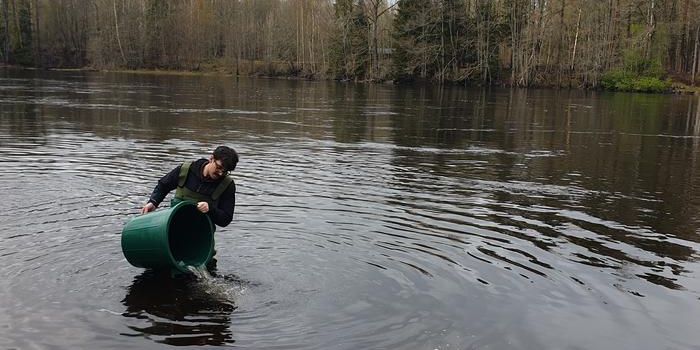US Economy Might Not Be Able to Recoup Future Hurricane Economic Impacts
In a recent study published in Environmental Research Letters, an international team of researchers led by the Potsdam Institute for Climate Impact Research (PIK) in Germany investigate how the United States economy might not be able to offset the economic damage from hurricanes for much longer since storms are becoming stronger due to climate change, most notably regarding increasing in temperatures. This study holds the potential to help us better understand the economic impacts of climate change as worldwide temperatures continue to rise.
"Tropical cyclones draw their energy from ocean surface heat. Also, warmer air can hold more water which eventually can get released in heavy rains and flooding that often occur when a hurricane makes landfall," said Robin Middelanis, who is a PhD student at the Potsdam Institute for Climate Impact Research (PIK) and Potsdam University, and lead author of the study. "It's thus clear since long that hurricane damages will become bigger if we continue to heat up our Earth system."
Middelanis further explains: "Now, one of the important questions is: can we deal with that, economically? The answer is: not like this, we can't. Our calculations show, for the first time, that the US economy, as one of the strongest on our planet, will eventually not be able to offset the losses in their supply chains on their own. Increasing hurricane damages will exceed the coping capacities of this economic super-power."
For the study, the researchers examined the economic impact of hurricane Harvey in 2017 that hit Louisiana and Texas, which cost an astounding $125 billion, then calculated the economic impacts under varying warming levels. They concluded that the as climate change continues, the national supply chains of the United States economy will not be able to recoup future local production losses from hurricanes.
"We investigated global warming levels of up to 5°C -- which unfortunately might be reached by the end of our century if climate policy fails us," said Dr. Anders Levermann, head of complexity science at PIK and scientist at New York's Columbia University, and co-author on the study. "We do not want to quantify temperature thresholds for the limit of adaptation of the US economy's national supply chains, since we feel there's too much uncertainty involved. Yet we are certain that eventually the US economy's supply chain capacities as they are now will not be enough if global warming continues. There is a limit of how much the US economy can take, we just don't know exactly where it is."
Sources: Environmental Research Letters
As always, keep doing science & keep looking up!









